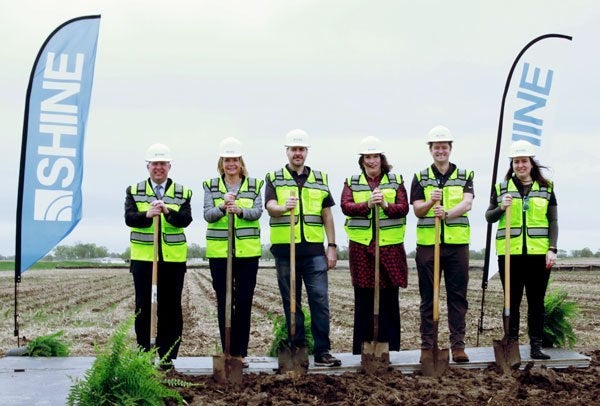
The groundbreaking event is said to follow the recent transfer of 91 acres of land from the City of Janesville situated across from the Southern Wisconsin Regional Airport.
Upon completion, the facility will feature eight of the firm’s accelerator-based medical isotope production systems, which can produce more than one-third of global demand for the medical isotope molybdenum-99 (Mo-99).
At present, the company employs more than 90 people and, is planning to recruit around 60 employees before the completion of the facility.
Shine Medical Technologies founder and CEO Greg Piefer said: “Construction of the Janesville production facility is a critical step toward establishing a reliable global supply of life-saving diagnostic and therapeutic isotopes for patients around the world.
“My sincere gratitude and respect to all the SHINE employees, investors, partners, and advisors who have worked so hard and for so long to reach this milestone.
“The strength of our team continues to build, and we are excited and confident as we move into the execution phase of our plans to become the global leader in the production of medical isotopes.”
Shine, which is established in 2010, is involved in the manufacturing of radioisotopes for nuclear medicine.
The company’s system deploys a patented and proprietary manufacturing process, which does not require a nuclear reactor and uses less electricity. It is compatible with the nation’s existing supply chain for molybdenum-99.
In 2014, Shine signed supply agreements with GE Healthcare and Lantheus Medical Imaging for molybdenum-99. In 2015, GE Healthcare showed that Shine molybdenum-99 can serve as a drop-in replacement for reactor-based moly-99, with the support of Argonne National Laboratory.
In 2016, the firm secured regulatory approval for the construction of its facility from the Nuclear Regulatory Commission, and signed a moly-99 supply agreement with HTA Co, which is a Chinese distributor of radiopharmaceuticals.



